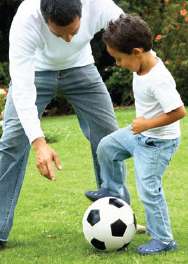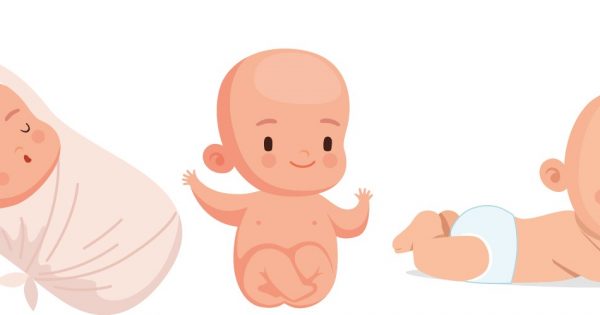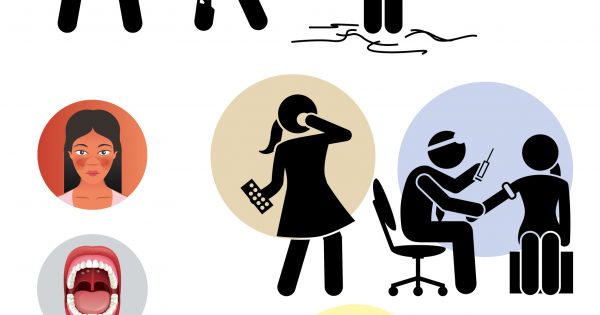Grasping, sitting up, crawling and walking – these are some of the first physical actions your child could be engaged in. In what may seem like no time at all, your child will soon be off and running in all directions, being actively involved in play as well as more practical skills, like buttoning clothes or even brushing his or her teeth.
Such activities are known as physical and balance coordination, and they form an integral part in your child’s early physical coordination development. Through these activities, children learn important skills such as balancing, coordination, strength, and grace. Skills developed at this young age will give your child a head start in competitive games and organised sports. These skills are also important to a child’s ability to explore his or her environment, and allow them to accomplish many daily tasks.
Balance
Being active helps your child develop a good sense of balance. This way, your child won’t keep falling over in clumsy manners and has a good grip of his or her every movement.
Cycling Cycling can help your child develop good balancing skills, determination and lots of patience.
Ballet A very controlled, disciplined and graceful style of dancing, ballet helps with your child’s balance with its movement and steps.
Coordination
Physical coordination helps your child perform daily activities easily. For example, hand and eye coordination will help your child perform tasks such as brushing his or her teeth and holding a spoon when eating.
Badminton Simple sports like badminton or playing ball catch improves the hand-eye coordination. This way, your child learns to use these movements in his or her daily life.
Football Football is a game that allows your child to use all parts of his body, steadily increasing his coordination skills.
Skipping rope This activity would be able to work all his muscles together in a wide range of movements.
Grace
Grace helps your child remain poise and steady. Without grace, your child will definitely be quite a klutz.
Gymnastics Activities performed during a gymnastics class will help your child develop poise and gracefulness.
Dance Traditional cultural dances and tap dance are the few types that are
Be A Play Partner
As hard as it may seem, do not restrict your child’s movement and freedom. Don’t worry – children are made to fall, trip, cry, and do it all over again. Small bumps and falls will be common as physical skills are pushed to the limit. Also, make sure the activity your child is engaged in is age appropriate and in sequence. Don’t be a pushy parent; your child needs to learn to walk before they can run. Let your child lead the activities, not you determine what he or she should be playing. Otherwise, put on the music and dance away with your children!







Comments